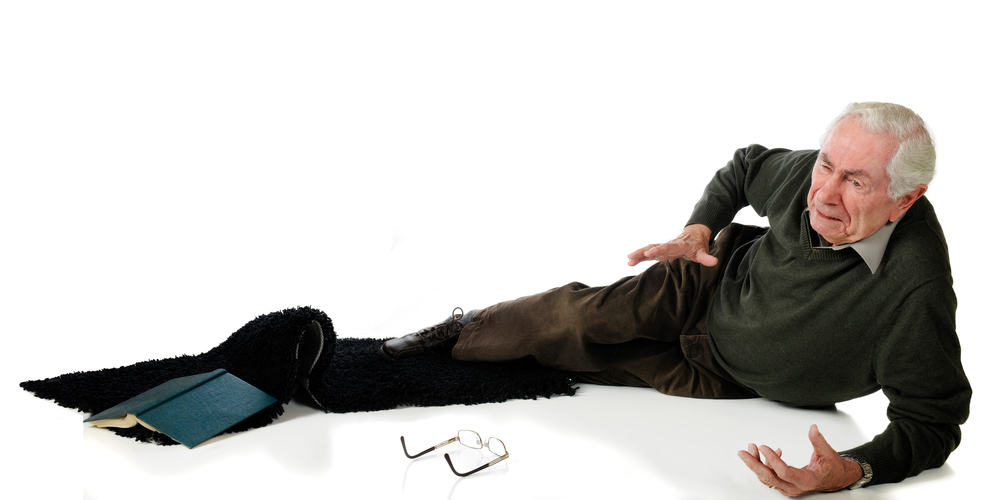
09 Sep Raising Awareness of the Risks of Falling: September is Fall Prevention Month
Falling and suffering an injury in a fall is perhaps one of the greatest fears among the country’s aging population. Bone fractures and other injuries from falls limit an older person’s mobility and impair his independence, yet as a person ages, his risk of falling increases dramatically. To raise awareness of this problem, the National Council on Aging (“NCOA”) has designated September as fall prevention month and has planned a number of activities on September 22 around a theme of “Ready, Steady, Balance: Prevent Falls in 2016”.
Balance and dizziness problems that cause falls can affect everyone, and not just members of a geriatric population. Those problems can have multiple causes, some of which may require a whole-body physical therapy approach for correction.
When a person’s balance is affected by inner ear and structural imbalances, for example, a physical therapist might recommend a targeted exercise program to help him recover a more active lifestyle with a lower risk of falling. That therapy might first diagnose when and why a person is experiencing balance issues. A person might get dizzy, for example, when he makes sudden moves or when he experiences a sensory overload. The therapist will schedule exercises that teach a person how to better manage and control these events. A therapist might also recommend exercises to stabilize visual cues that can throw a person off-balance in addition to other balance training exercises. If a person’s balance balance has eroded to the point of impairing a person’s confidence, these exercises can reverse that trend.
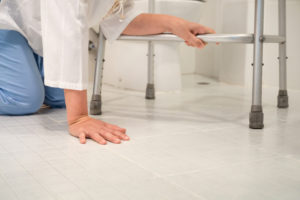 Older persons frequently experience joint stiffness in their legs and feet from arthritis, or they may have had a joint replacement that forced them to alter the way they move in order to reduce pain and pressure in the new joint. Joint replacement will alter a body’s mechanics and place additional stress on other bones and joints. Podiatrists are ultimately balance specialists who understand the dynamics between foot stability and a body’s overall mechanical structure. A podiatrist will diagnose whether a person’s balance has been affected by joint replacement, aging, or some other structural problem, and will design a therapy program to correct a body’s mechanics to re-align them into their natural structures. He might recommend coordinated movement exercises that work ankles, knees and hips in one series of continuous motions.
Older persons frequently experience joint stiffness in their legs and feet from arthritis, or they may have had a joint replacement that forced them to alter the way they move in order to reduce pain and pressure in the new joint. Joint replacement will alter a body’s mechanics and place additional stress on other bones and joints. Podiatrists are ultimately balance specialists who understand the dynamics between foot stability and a body’s overall mechanical structure. A podiatrist will diagnose whether a person’s balance has been affected by joint replacement, aging, or some other structural problem, and will design a therapy program to correct a body’s mechanics to re-align them into their natural structures. He might recommend coordinated movement exercises that work ankles, knees and hips in one series of continuous motions.
Even before you consult with your podiatrist, you can do a few things to improve your balance and reduce your risk of falling. First, stay as active as is possible without placing yourself in harm’s way. When you limit your movement, your muscles and joint get stiffer and make it more difficult for you to balance yourself properly when you do start moving. Second, wear shoes that provide solid ankle and arch support. Sandals and slippers may be comfortable, but they do nothing to help you walk. Third, eliminate the hazards in your living space that can cause you to fall. This includes loose throw rugs and smaller decorations that can inadvertently cause you to trip. Also, make sure your living space is well-lit to give you the best visual cues regarding risks that can cause you to fall. Finally, do not let your ego keep you from using canes, walkers, or other devices to help you keep your balance.
Physical therapy is a powerful and effective tool to rectify balance issues, but it is only one of several tools that may be needed for any one individual. No one generic program can correct a balance problem in every person who experiences them. The podiatrists at Great Neck Family Foot Care in Great Neck, New York encourage everyone to increase their awareness of whether they are at risk of suffering an injury from a fall during this Fall prevention month. To schedule a consultation with one of our podiatrists, please see our website, or contact us at your earliest convenience. We look forward to helping you to minimize your fall risks and to regain a more active lifestyle.
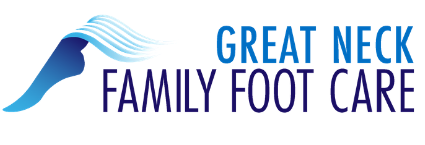
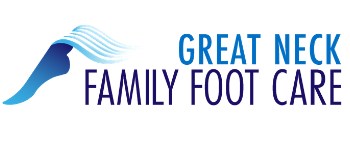
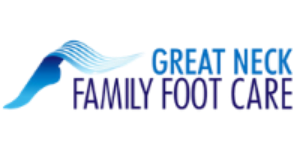

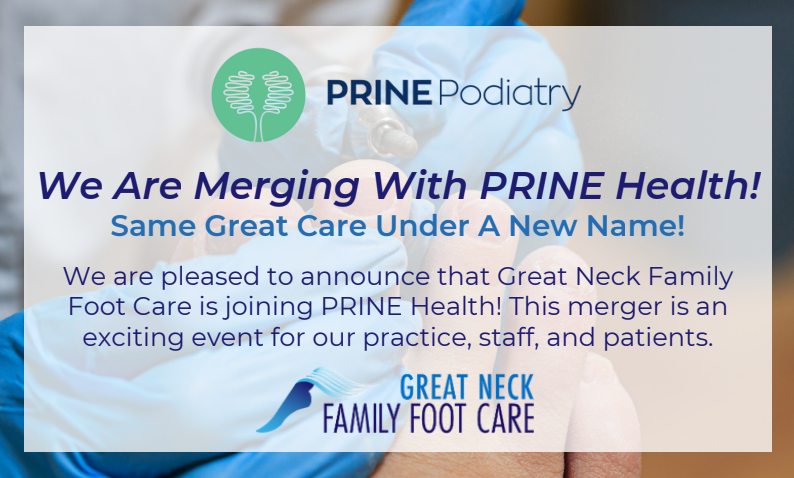
Sorry, the comment form is closed at this time.